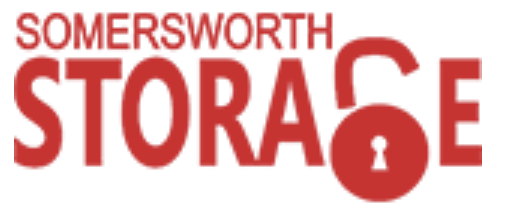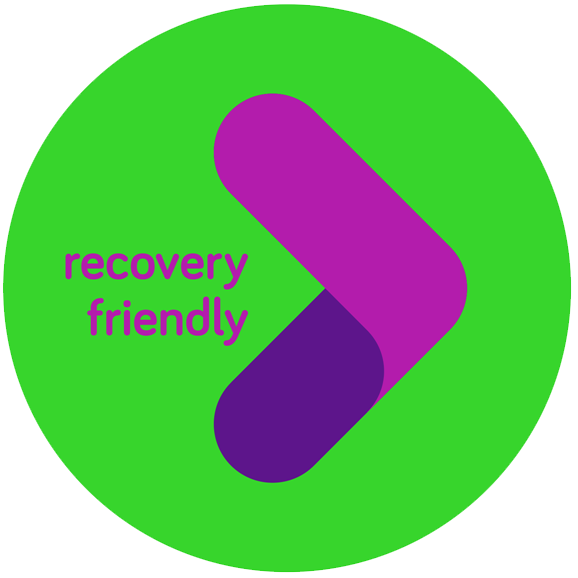Governor Mills Unveils Actions to Protect Housing for Maine People Amidst COVID-19 Pandemic
April 16, 2020
Governor issues EO on evictions, establishes rental assistance relief program with MaineHousing & urges mortgage lenders to provide flexibility to homeowners facing financial hardship
Governor Janet Mills took significant steps today to keep Maine people in their homes and Maine businesses in their storefronts as COVID-19 continues to create financial hardships across the state.
The Governor signed an Executive Order that, when taken in combination with a March 18 order issued by the Maine Court System, will prevent the immediate eviction of tenants other than those who engage in dangerous or unlawful conduct for the duration of the state of emergency. The Governor also strengthened the penalties for landlords who may try to evict tenants by unlawful means, and she extended the timeframe for the eviction process in the event that the Courts reopen before the Governor’s state of emergency is terminated.
Additionally, the Governor, in partnership with MaineHousing, announced a new rental assistance relief program for Maine people who cannot pay their rent due to COVID-19. The $5 million COVID-19 Rent Relief Program will allow households that meet certain income and ability to pay requirements to receive a one-time, up to $500 payment in rental assistance to be paid directly to their landlord.
Also, in letters sent to Maine financial institutions, the Governor also urged all financial institutions to provide to work proactively with Maine homeowners and small businesses experiencing financial hardship from COVID-19 to help keep them in their homes and storefronts.
“We are in the midst of one of the greatest health crises of our lifetimes. Both public health as well as our shared sense of humanity decency demand that people not be forced from their homes and or businesses from their storefronts,” said Governor Mills. “It is my hope that these actions will provide a sense of relief, both financial and emotional, to Maine people struggling to make ends meet and that they will mitigate the spread of the virus by keeping Maine people healthy at home.”
Executive Order Regarding Unlawful Eviction, Writs of Possession and Initiation of Eviction Proceedings:
In an effort to reduce the opportunity for community spread of COVID-19 through courthouse activities, the Maine Supreme Judicial Court issued a Revised Emergency Order on March 18, 2020 that, in part, permits filings in eviction or Forcible Entry and Detainer (FED) Action but prohibits until at least May 1st any action, hearings and proceedings thereon, unless a case presents a severe threatening emergency. As a result, only evictions authorized before the March 18th order are permitted to proceed.
The Governor’s Executive Order protects tenants against whom these writs of possession – the final document allowing the eviction – that were authorized before the Court’s March 18th order, but which have not yet been issued by a court or served by a sheriff. The Order states that these writs shall not be issued or served.
Additionally, in response to concerns that some landlords are attempting to unlawfully evict their tenants by, for example, turning off utilities such as electricity, the Governor’s Executive Order strengthens the enforcement actions that can be taken against landlords who attempt to evict tenants from their home or storefront outside of the legal process. Because such evictions during this period of emergency would violate the Order, the legal action that could be taken against them if they attempted to do so to up to 6 months in jail and up to a $1,000 fine.
Finally, the Governor’s Order protects tenants who are considered “at will”, meaning they do not have a legal agreement with their landlord, and because of COVID-19 cannot make their rent payment, by requiring a landlord to provide at least 60 days’ notice, rather than 30, to a tenant to leave. If the landlord is attempting to evict those at-will tenants, the Order also extends an eviction notice timeframe from 7 to 30 days
The Order does not prevent a tenant from being evicted if the tenant poses a substantial risk to another person, immediate and severe risk to property, or a violation of health, sanitation, fire, housing, or safety laws. The Order does not relieve any tenant of their legal obligation to pay rent but provides them with more time to make payments.
The COVID-19 Rent Relief Program:
Established at the urging of Governor Mills, MaineHousing has created a $5 million COVID-19 Rent Relief Program. Each household that meets certain ability to pay requirements may receive a one-time payment of up to $500 in rental assistance paid directly to the landlord. The landlord then agrees not to evict the tenant for nonpayment for the month the payment was issued. Maine’s Community Action Agencies will administer the program locally and may have additional resources available for other needs. The funding, which comes from the Housing Opportunity for Maine (HOME) Fund, will go entirely to Mainers served. No organization will receive administrative fees for program administration.
“Housing is a basic human need and during this global pandemic, it is even more important,” said Daniel Brennan, director of MaineHousing. “We recently announced our commitment to no evictions and no foreclosures – and are proud to put our money behind that commitment to help Mainers in need.”
“We understand that for most people this will not cover their full rent payment for the month,” Brennan continued. “We want to help as many people as possible and to do that, we capped the one-time payment at $500. We also want to be clear – this is not a rent forgiveness program. Renters are still responsible for paying their rent. We encourage tenants to communicate with their landlord and urge everyone to work together to get through this.”
People who live in subsidized housing, or housing financed by MaineHousing do not qualify for the program, as those programs have other tools available for those impacted by COVID-19. More information, application materials, and commonly asked questions may be found at www.mainehousing.org/covidrent.
Letter to Financial Institutions
In letters to financial institutions across Maine today, the Governor discouraged them in the strongest terms from initiating residential and commercial foreclosures and asked them to pause any foreclosures in progress. She also urged them to refrain from mailing “notices to cure” to Maine residents and businesses as long as the current federal moratorium or successive moratoria remain in effect, and to continue to work with all borrowers in a proactive way.
“I also ask that you and your association pay particular attention to property owners who are landlords – those who are responsible for thousands of rental apartments, homes, retail and other commercial establishments. They deserve flexibility from their lenders because many of their tenants find themselves unable to pay the rent, an issue that we are taking steps to address,” the Governor continued. “These property owners are an important part of the economy that will need time to recover, and they are key to keeping people in their homes during our emergency orders and to keeping small businesses ready to reopen when the crisis has passed.”
Additional Actions
The actions taken by the Governor today build on her Administration’s work to secure and protect housing for Maine people during the COVID-19 pandemic.
On March 31, Governor Mills issued an Executive Order bolstering General Assistance vouchers for basic necessities, such as housing. Under the Executive Order, all applications for General Assistance will be processed as emergency applications for eligibility purposes, and certain other requirements are waived. The order also allows eligible individuals to reapply after 60 days rather than 30 days for ongoing assistance.
Additionally, on March 25, 2020, Governor Mills directed the Maine Department of Health and Human Services to adjust requirements for the Bridging Rental Assistance Program (BRAP) beginning May 1, 2020. BRAP helps clients with serious mental illness, including those who also have substance use disorder, obtain transitional housing. The transition to lower income requirements is expected to be completed by July 1, 2020 for all new and existing BRAP participants.



.jpg)
